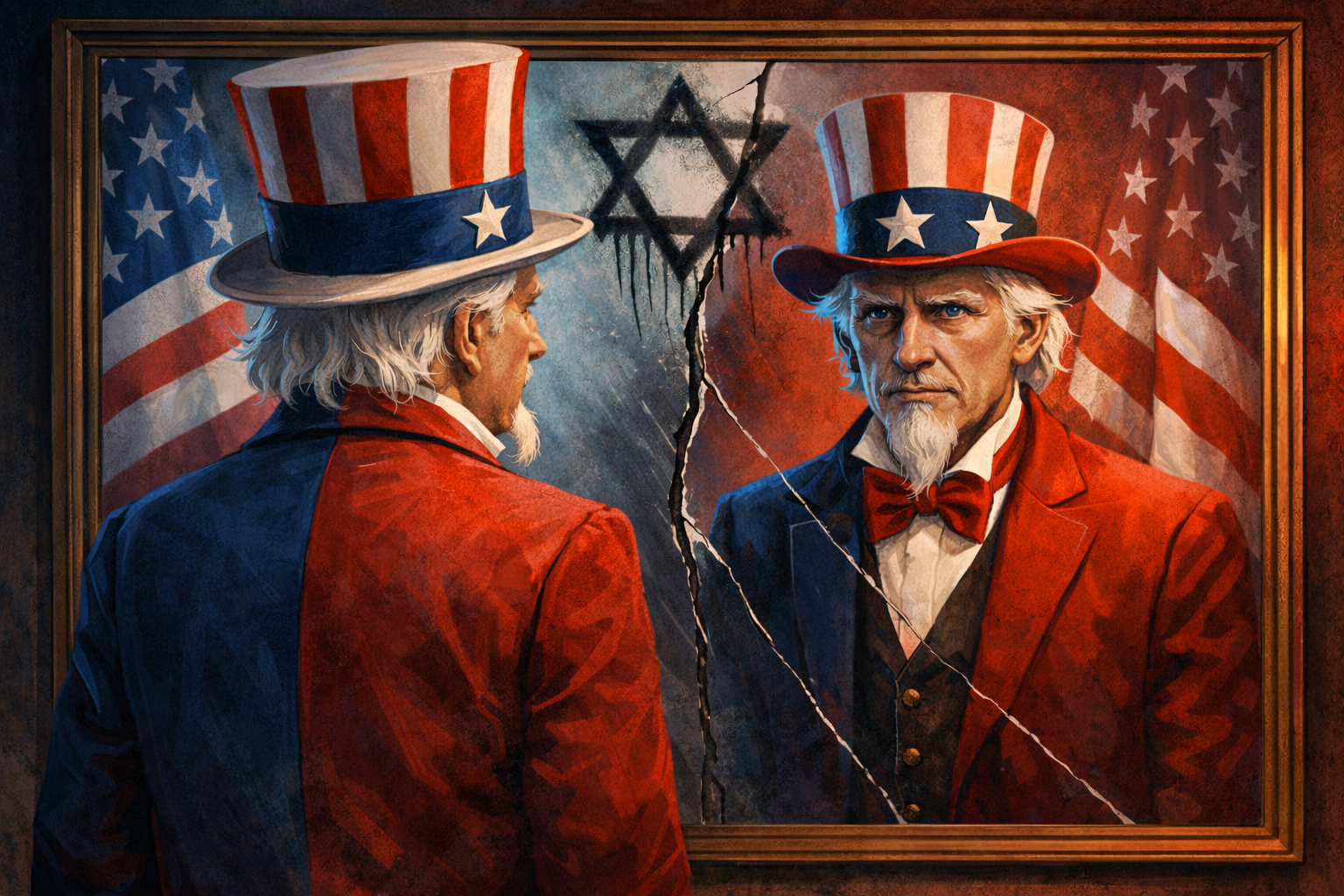
Ahava Kirwan, a 2023-24 StandWithUs Emerson Fellow from the University of Texas in San Antonio, wrote this powerful poem published in the university newspaper, The Paisano . She says, “My entire family, except for my great-grandparents, were murdered in the Holocaust. I have family who were killed in the Svisloch Massacre in Belarus, where the Nazis invaded Belarus and killed almost the entire Jewish population.”
Here is her poem “Remember”
https://paisano-online.com/33274/arts-life/remember/
Remember
Ahavah Kirwan
Do you remember
The six million
The ones who celebrated
Those strange holidays
The ones just like us
Who did not go to school or work on Fridays
But were still a bit different
The people with the yellow stars
The ones with the curfews
Who did not like the man with
The ideas that seemed so plausible
“Die Juden sind unser Unglück” (1)
The ones in the ghettos
Who owned the shops
That were destroyed in the Kristallnacht (2)
The empty shops with those stars, again
The missing people
Do you remember
The nomads
With the colorful clothing
And the deep, rich skin
Who were called “dirty”
Who were called “thieves”
The ones who weaved the baskets
Who wore the black patches
Who were called
Die Zigeuner (3)
You laughed and jeered
Upon seeing them being rounded up
Like cattle
Walking through the streets
With chains around their ankles
Their jewelry ripped from their ears
The rings from their fingers
The haunting of
The empty houses
You did not know about
Those who were killed in the villages
As the monsters penetrated the forests
Where they dwelled
Bekämpfung der Zigeuner Belästigung (4)
Exterminated
And deported
This is what happens
When you are ein Zigeuner (5)
You did not see them
In the boxcars
Crowded together
Struggling to breathe
Their arrival on the Judenrampe (6)
Or brought in the caravans
To the Zigeunerlager (7)
Or the separation
Of man and woman
Of husband and wife
Of father and daughter
Of mother and son
The babies still suckling
Gone
The shaving of heads
The numbers on their arms
The labor that killed many
Arbeit macht frei (8)
Nobody saw
The final solution
Abrechnung mit der rassisch Unreinen (9)
You never saw
The ones in the showers
The gas
The suffocation
And afterward
The bodies discarded
Burned
The evidence gone
Judenfrei (11)
Zigeunerfrei (12)
Their stories are still here
But nobody listens
Some say “never forget”
But others
The conspiracies
The apathy
The disregard
For the lives lost
For the six million lost in the Shoah (13)
Or the ones lost
In the Porajmos (14)
And the surviving ones
Do you remember
The forgotten ones
(1) “Die Juden sind unser Unglück”
(German) “The Jews are our misfortune”
(2) Kristallnacht
(German) “Night of Broken Glass”
A pogrom against Jews carried out by Nazi officials in which synagogues and shops owned by Jewish people were destroyed, burned, and desecrated.
(3) Die Zigeuner
(German) “The Gypsies”
Used by the Nazi Party as a pejorative, this word refers to Roma people.
(4) Bekämpfung der Zigeuner Belästigung
(German) “Combatting the Gypsy Nuisance”
(5) ein Zigeuner
(German) “a Gypsy”
(6) Judenrampe
The railroad tracks where boxcars full of undesirables, mainly Jews, would arrive at concentration camps before being separated into either the barracks or the gas chambers.
(7) Zigeunerlager
(German) “Gypsy camp”
The section of the concentration camp where Roma was placed.
(8) Arbeit macht frei
(German) “Work sets you free”
A German slogan known for appearing at the entrance of Auschwitz and other Nazi concentration camps.
(9) Abrechnung mit der rassisch Unreinen
(German) “Resettlement of the racially impure”
(11) Judenfrei
(German) “Free of Jews”
(12) Zigeunerfrei
(German) “Free of Gypsies”
(13) Shoah
(Hebrew) “disaster” or “catastrophe”
This is the Hebrew word used to refer to the genocide of the Jewish people.
(14) Porajmos
(Romani) “Devouring”
This is the Romani word used to refer to the genocide of the Roma people.





